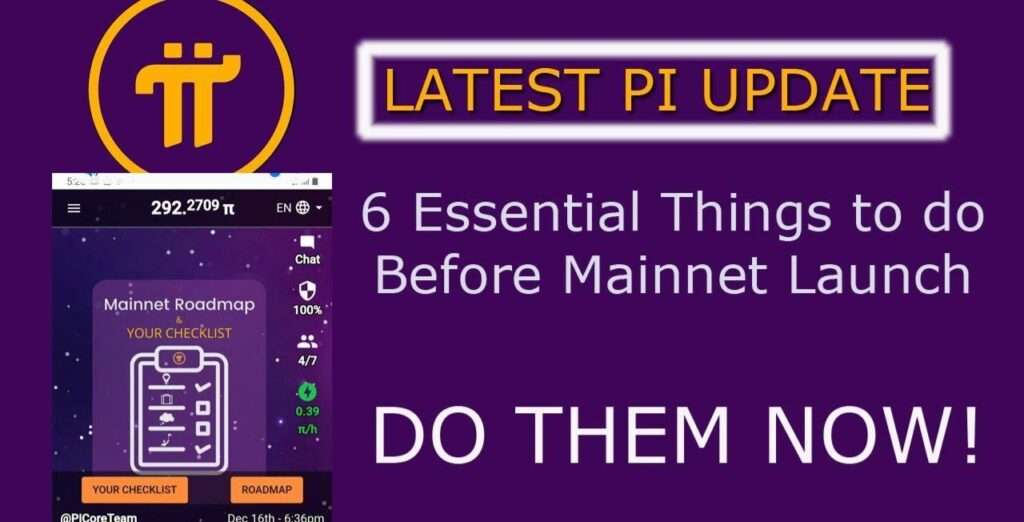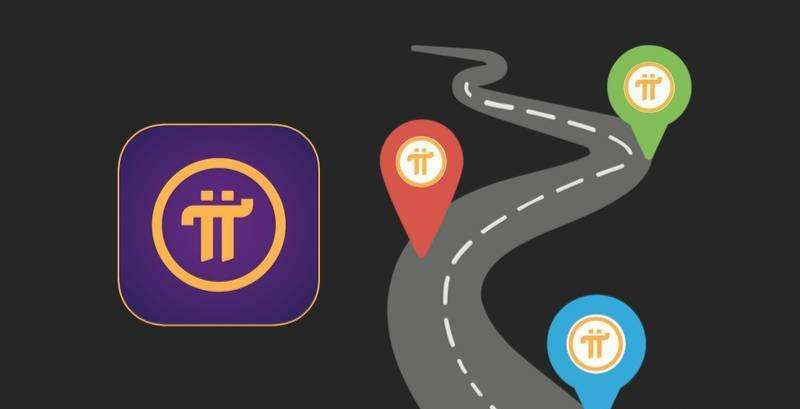
What are DAOs? If you’re interested in the latest developments in blockchain technology, you might have heard this term before.
DAOs, or decentralized autonomous organizations, are a new form of organization that operates without any central authority or human intervention.
DAOs are powered by smart contracts, which are self-executing agreements that run on a blockchain network.
DAOs aim to create a more democratic, transparent, and efficient way of coordinating collective action and achieving common goals.
In this article, we’ll explain everything you need to know about DAOs, including:
- What are DAOs and how do they work?
- What are the benefits and challenges of DAOs?
- What are some examples of DAOs in action?
- How can you join or start a DAO?
- Difference Between DAOS and Traditional organizations. Among other key details
By the end of this article, you’ll have a clear understanding of what are DAOs and why they matter for the future of organizations. So let the fun begin.
What are DAOs and how do they work?
A DAO is a collectively-owned, blockchain-governed organization that works towards a shared mission.
DAOs allow us to collaborate with like-minded people around the world without trusting a central leader or intermediary.
Instead, the rules and decisions of the organization are encoded into the smart contracts and executed by the blockchain.
Components of DAOs
A DAO typically has three main components:
- A set of smart contracts that define the rules and logic of the organization.
- A token that represents the ownership and voting rights of the members
- A treasury that holds the funds and assets of the organization
Anyone can join a DAO by acquiring its token, either by buying it from a market, earning it through contribution, or receiving it as a reward.
The token holders can then participate in the governance of the DAO by proposing and voting on various issues, such as:
- How to allocate the treasury funds
- What projects or initiatives to support or pursue
- What changes or improvements to make to the smart contracts.
- How to resolve disputes or conflicts among members
All the proposals and votes are recorded and verified on the blockchain, ensuring transparency and accountability. The smart contracts automatically execute the outcomes of the votes, without the need for human intervention or verification.
Advantages or benefits of DAOs?
DAOs offer a number of benefits over traditional organizations, such as:
1. Democracy: DAOs are based on the principle of one token, one vote, meaning that every member has an equal say in the decision-making process.
DAOs also eliminate the need for hierarchical structures, bureaucracy, or politics, allowing for more direct and efficient collaboration.
2. Transparency: DAOs operate on a public blockchain, where all the activity and transactions are visible and verifiable by anyone. This ensures that there is no corruption, fraud, or misuse of funds or power in the organization.
3. Efficiency: DAOs leverage the power of smart contracts, which can automate and streamline many processes and tasks that would otherwise require human involvement or intermediation.
This reduces the costs and delays associated with administration, compliance, or enforcement.
4. Innovation: DAOs enable us to experiment with new forms of organization and governance that are not possible or feasible in the traditional world.
DAOs can also foster a culture of creativity, experimentation, and learning, as members can propose and test new ideas and solutions.
Disadvantages/ Challenges and limitations of DAOs
Beside the benefits, DAOs also face some challenges and limitations, such as:
1. Complexity: DAOs require a high level of technical knowledge and understanding, both to create and to participate in.
DAOs also involve complex legal and regulatory issues, as they operate in a largely uncharted and uncertain territory.
2. Security: DAOs rely on the security and reliability of the smart contracts and the blockchain network. However, smart contracts can have bugs or vulnerabilities that can be exploited by malicious actors, resulting in loss of funds or control.
Blockchain networks can also suffer from attacks or failures that can compromise the functionality or integrity of the DAO.
3. Coordination: DAOs can face difficulties in coordinating and aligning the interests and incentives of a large and diverse group of members.
DAOs can also suffer from low participation, apathy, or free-riding, as members may not have enough motivation or information to engage in the governance process.
Examples of DAOs in action/ DAOs Use Cases?
DAOs are a relatively new and emerging phenomenon, but there are already some examples of DAOs that have been created and are operating in various domains and sectors.
Here are some of the most notable ones:
- MakerDAO: MakerDAO is a DAO that manages a decentralized lending platform that allows users to borrow and lend cryptocurrencies. MakerDAO also issues a stablecoin called DAI, which is pegged to the US dollar and backed by crypto collateral. MakerDAO is governed by its token holders, who vote on various parameters and policies of the system, such as interest rates, collateral ratios, and risk management.
- Uniswap: Uniswap is a DAO that runs a decentralized exchange that allows users to swap any two tokens on the Ethereum network. Uniswap uses a novel algorithm that determines the exchange rate based on the supply and demand of the tokens in a liquidity pool. Uniswap is governed by its token holders, who vote on various aspects of the protocol, such as fees, grants, and upgrades.
- MolochDAO: MolochDAO is a DAO that funds public goods and projects in the Ethereum ecosystem. MolochDAO operates on a simple and radical mechanism, where members can join by depositing funds into a common pool, and can exit at any time by withdrawing their share of the pool. Members can also propose and vote on grants to fund various initiatives, such as research, development, or education.
- MetaCartel: MetaCartel is a DAO that supports and incubates projects and start-ups that are building innovative and user-friendly applications on the Ethereum network. MetaCartel operates on a similar mechanism as MolochDAO, but with a more focused and curated approach. MetaCartel also fosters a vibrant and collaborative community of entrepreneurs, developers, and enthusiasts.
How can you join or start a DAO?
If you’re interested in joining or starting a DAO, there are a few steps and resources that can help you along the way.
Step 1. Learn
The first step is to learn more about DAOs, how they work, and what they can do. You can read articles, books, blogs, podcasts, or newsletters that cover the topic of DAOs.
You can also join online forums, chats, or communities where you can ask questions, share ideas, or get feedback from other DAO enthusiasts.
Step 2. Explore
The next step is to explore the existing DAOs that are out there, and see if any of them align with your interests, values, or goals.
You can browse through various platforms, directories, or lists that showcase and categorize different DAOs. You can also follow the social media accounts or websites of the DAOs that catch your attention, and see what they are doing and how they are doing it.
Step 3. Participate
The final step is to participate in the DAOs that you like or resonate with. You can join a DAO by acquiring its token, either by buying it from a market, earning it through contribution, or receiving it as a reward.
You can then participate in the governance of the DAO by proposing and voting on various issues, or by contributing your skills, time, or resources to the DAO’s projects or initiatives.
Step 4: Create
If you have an idea or a vision for a new DAO that doesn’t exist yet, you can also create your own DAO from scratch.
You can use various tools, frameworks, or templates that simplify and streamline the process of creating and launching a DAO.
You can also seek help or guidance from other DAO creators or experts, who can offer you advice, support, or mentorship.
Difference between DAO and traditional organization

The main difference between DAO and a traditional organization is that;
DAO is a decentralized and autonomous organization that operates without any central authority or human intervention, while,
Traditional organization is a centralized and hierarchical organization that relies on human management and control.
Some of the main differences are:
- DAO is based on smart contracts and blockchain technology, while a traditional organization is based on legal contracts and institutional frameworks.
- DAO is governed by its token holders, who can propose and vote on various issues and policies, while a traditional organization is governed by its board of directors, managers, or owners, who have the final say on the decisions and actions of the organization.
- DAO is transparent and accountable, as all the activity and transactions are recorded and verified on the public blockchain, while a traditional organization is often opaque and unaccountable, as the information and data are not easily accessible or verifiable by the public.
- DAO is efficient and innovative, as it can automate and streamline many processes and tasks that would otherwise require human involvement or intermediation, while a traditional organization is often inefficient and rigid, as it faces costs and delays associated with administration, compliance, or enforcement.
Check the table below for summary of differences between DAOs and Traditional organizations.
| Feature | DAO’s | Traditional Organization |
| Structure | Flat, fully democratized | Hierarchical, centralized |
| Governance | Token holders, voting system | Board of directors, managers, owners |
| Transparency | High, public blockchain ledger | Low, private information and data |
| Efficiency | High, smart contracts automation | Low, human involvement and intermediation |
| Innovation | High, experimental and flexible | Low, rigid and conventional |
Conclusion
DAOs are more than just a technological innovation. They are a social and cultural phenomenon that challenges the conventional ways of organizing and collaborating.
DAOs offer us a glimpse of a possible future where we can create, govern, and participate in organizations that are decentralized, autonomous, and democratic.
Therefore, the question is not whether DAOs will replace traditional organizations, but rather how DAOs and traditional organizations can coexist and complement each other.
How can we leverage the strengths and mitigate the weaknesses of both forms of organization? How can we create a hybrid model that combines the best of both worlds?
RELATED ARTICLES
- The Rise of DAOs: How Governance in Decentralized Systems Works and Why It Matters
- Applications of Blockchain in Supply Chain Management: Improving Transparency and Traceability
- Layer 2 Scaling Solutions: A Guide to Enhancing Blockchain Performance
- Cross-Chain Compatibility: Bridging Gaps in Blockchain Networks









